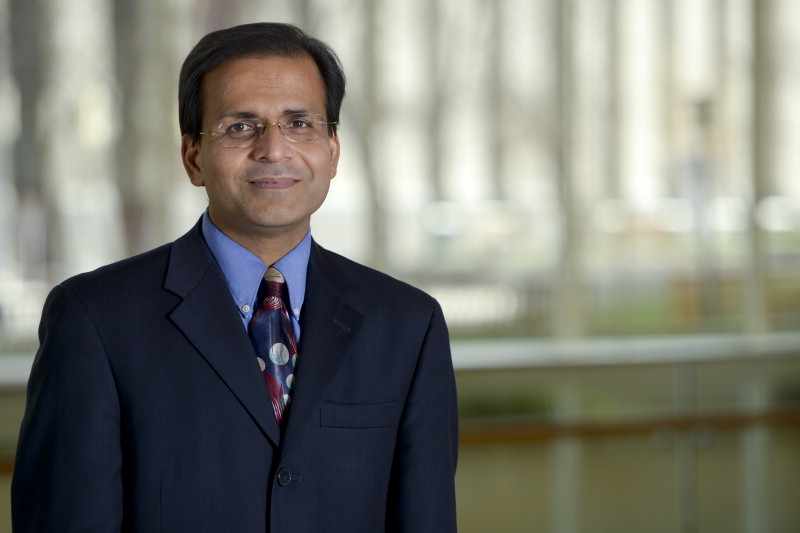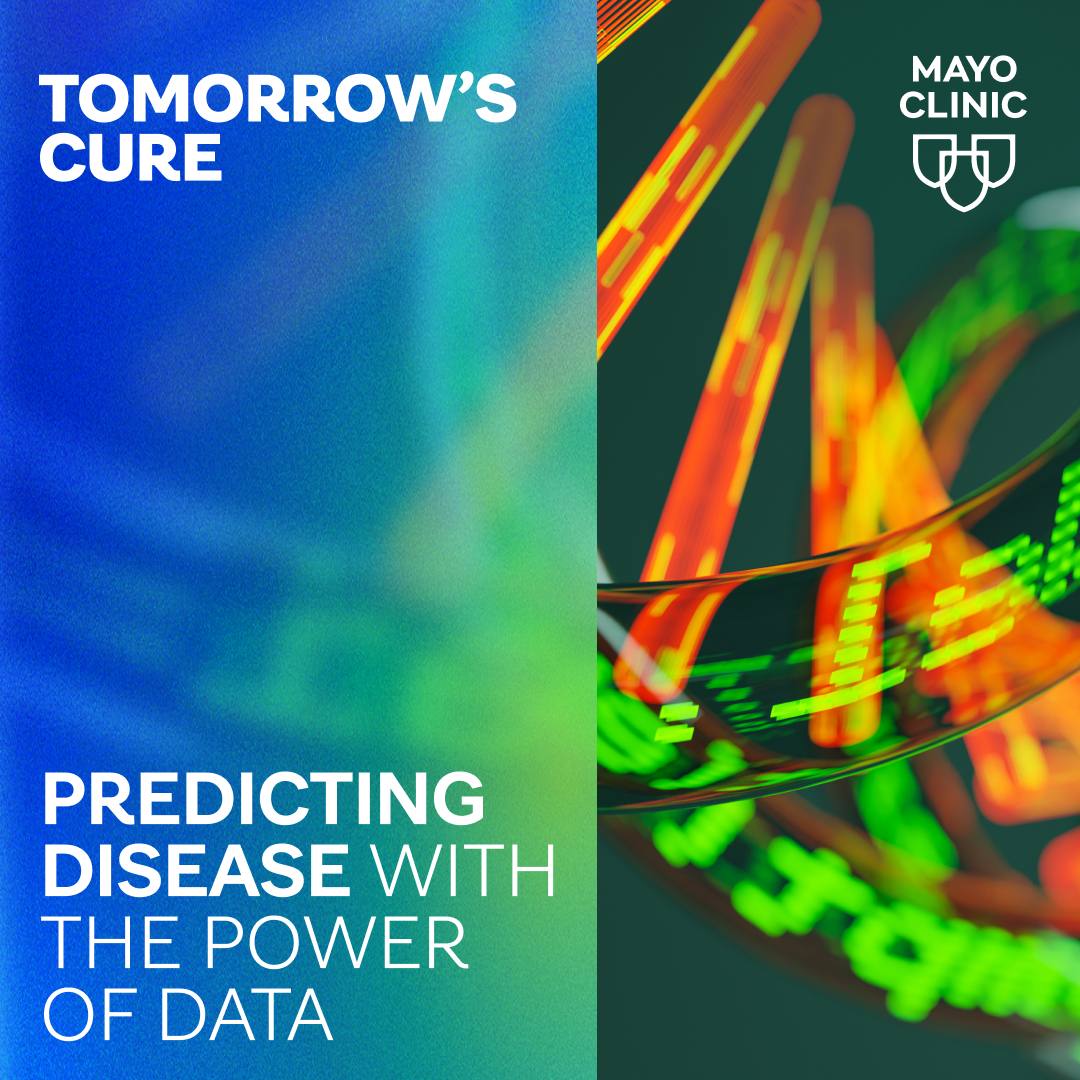-
Something to Think About: Having a bad day

Dr. Amit Sood says, "Shed your idea of perfection, because it depends on your imperfections."
Dear friend,
One of my core fears is that someday I will think that I have become nearly perfect. That will be a very bad day because such a belief will signal that I have become steeped in ignorance and ego, which is decidedly going backward. I try my best to stay away from that possibility.
Another core fear is that someday I will start to expect perfection from others. Expecting perfection from others is synonymous with expecting them to do exactly as I want them to do. That is oxymoron because my idea of others’ perfection depends on my own imperfections.
Seeking perfection, for self or others, by itself isn’t wrong, as long as you carefully pick what you want to be perfect about. You don’t want your aircraft pilot to be casual about the particulars related to landing the plane, and you don’t want the neurosurgeon to leave some of the procedural details to chance. Perfection in practicing kindness toward your partner is desirable. We all depend on someone’s perfection every day to remain safe and alive. Hence, we shouldn’t nurture a blanket criticism of perfection.
But if we invest all our meaning in a trivial detail, such as the crease of the pants, the precise configuration in which to load the dishwasher, or the knot in the tie, then we set ourselves up for anxiety and depression. With such a disposition, faced with even a small failure, we feel unworthy and unlovable. We begin to hold ourselves to unrealistic standards and globalize our mistakes.
I have a better alternative. I should free others from my preferences. I should recognize our collective imperfections; in fact, I should stop calling the oddities imperfections. Who gets to decide what they are? Perhaps they are our uniqueness or predispositions or adornments. The recognition of human ignorance created a seismic shift in scientific progress several hundred years ago, helping us break free from some of the dogmas that handcuffed us. Ignorance, an imperfection, when approached with humility and acceptance, transformed into science. Our imperfections thus can seed our transformation.
I believe that when I’m fully seeped in this wisdom, I’ll find an easier path to acceptance. With acceptance, I will experience fewer hurts, decreasing instances in which I need to forgive. Once I arrive at such awareness, I will have become a little less imperfect.
May you never feel that you are perfect; may you never desire someone else to be perfect.
Take care.
Amit

Read previous blog posts and follow @AmitSoodMD on Twitter.
Related Articles







